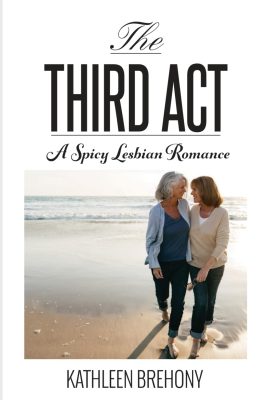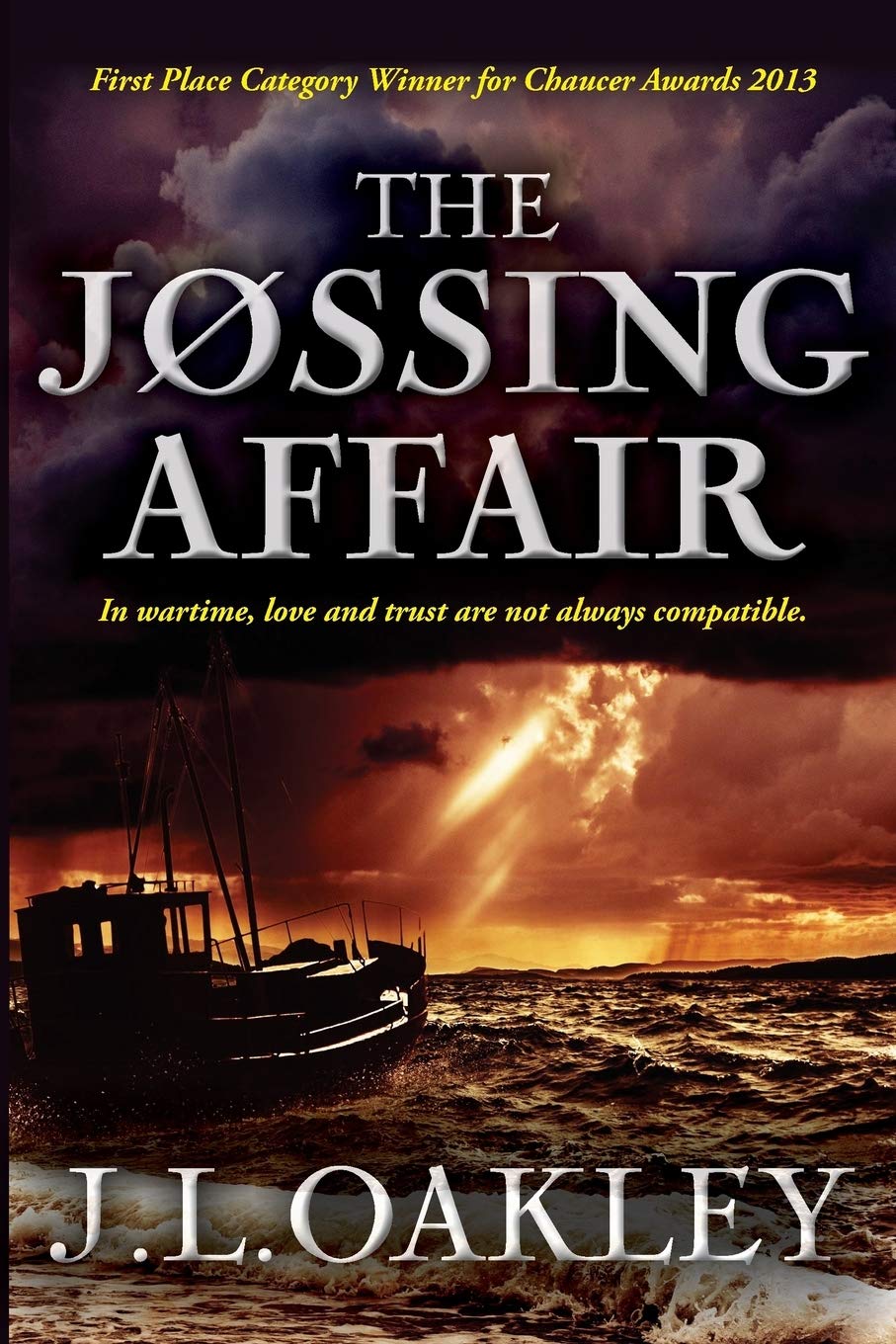A debate has long existed among Shakespearean scholars about the authenticity of the playwright’s works. Author Syril Levin Kline is well versed in this subject. Kline presents a credible version of what might have happened back in the 1500s to account for the belief that someone other than William Shakespeare wrote his famous plays.
The novel’s premise arises from a decree of the time that no aristocracy may debase themselves by being involved in commoner pursuits, such as the theater. That doesn’t work for Lord Oxford, a passionate poet and playwright, who is also passionate about Queen Elizabeth. They secretly marry and conceive an heir to the throne, which haunts them beyond their deaths. But because of their liaison in life, Queen Elizabeth allows Oxford to indulge in his art behind the mask of another’s name.
That person is Oxford’s devoted secretary, William Shaxper—an ambitious nobody enamored with the theater, who weasels into Oxford’s graces and rises from “bucolic obscurity” to Oxford’s business partner and official impostor. The ruse lasts for decades; and even when old Shaxper is dying, he is unable to confess his role because of the constant twists and turns of the times.
What times they were—war, plague, rebellion, court intrigues, tortures, and hangings for sins and alliances that changed with the wind. In this era, plays, which we know today as just another medium of entertainment, were used as political weapons. So the masquerade risked dangerous consequences.
The story is told from Shaxper’s viewpoint with occasional switches to other key players. These shifts allow the plot to proceed sequentially and build suspense. The writing is adept, and the narrative is compelling.
The novel is enriched with extracts from Shakespeare’s works and supported by meticulous research. It takes the reader back centuries to the origin of our literary culture, at the same time amusing us with human strengths and frailties that haven’t changed a whit, and presenting serious societal issues to think about.
Shakespeare’s Changeling is Elizabethan historical fiction at its finest—intriguing, entertaining, and erudite. Kline makes a strong case for this alternative viewpoint to this lively debate.










Leave A Comment